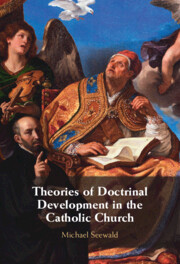During the early twentieth century, Ivy League legal scholars developed a positivist jurisprudential method known as legal realism. Concerned with the law’s relationship to social conditions, legal realism methodologically triumphed in the elite legal academy and brought to a close what one historian has described as the “decline of natural law” in American jurisprudence. Catholic legal scholars in the United States responded to this decline by invoking the natural law philosophy of Thomas Aquinas and his nineteenth-century neoscholastic disciples, arguing that legal realism irredeemably divorced law and morality. In so doing, these scholars effectively inaugurated what the author terms the neoscholastic legal revival, a decades-long period of debate between Catholic natural lawyers and their positivist contemporaries about natural law’s foundational relationship to the US legal tradition. To explain the history and significance of this debate, the author uncovers the origins the neoscholastic legal revival in particular features of nineteenth-century European Catholic intellectual culture that were transmitted to the United States through the Society of Jesus, the world’s largest Catholic religious order. The author especially examines the lives and legacies of two American Jesuits, William J. Kenealy and Francis E. Lucey, who helped to lead the neoscholastic legal revival and who illustrate how recovering the revival’s forgotten history can enrich scholars’ understanding of this important period in US legal history.

